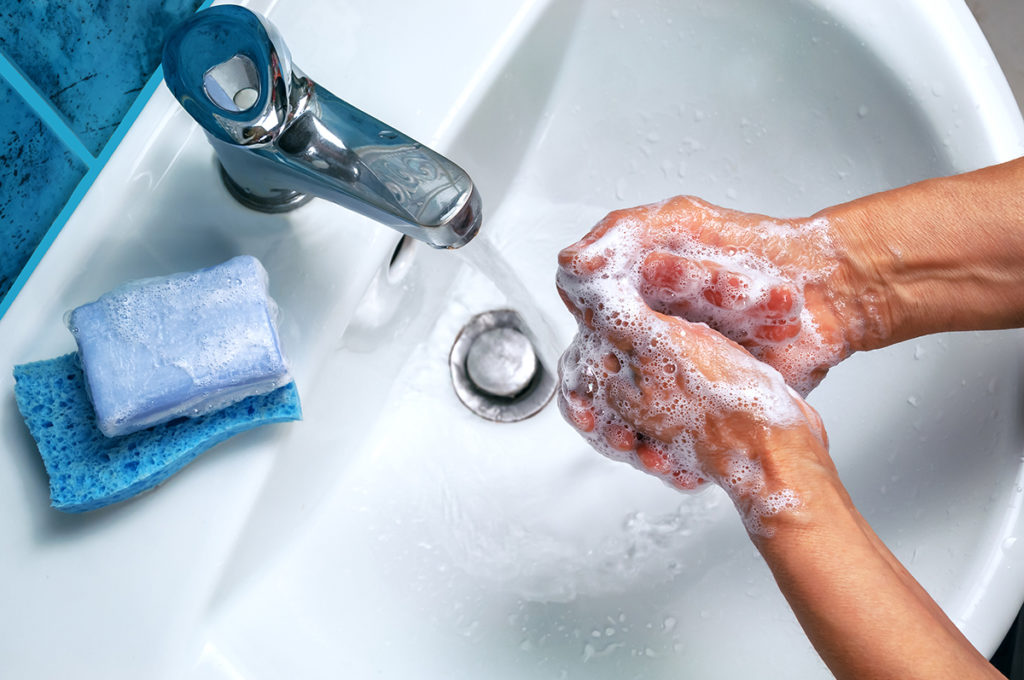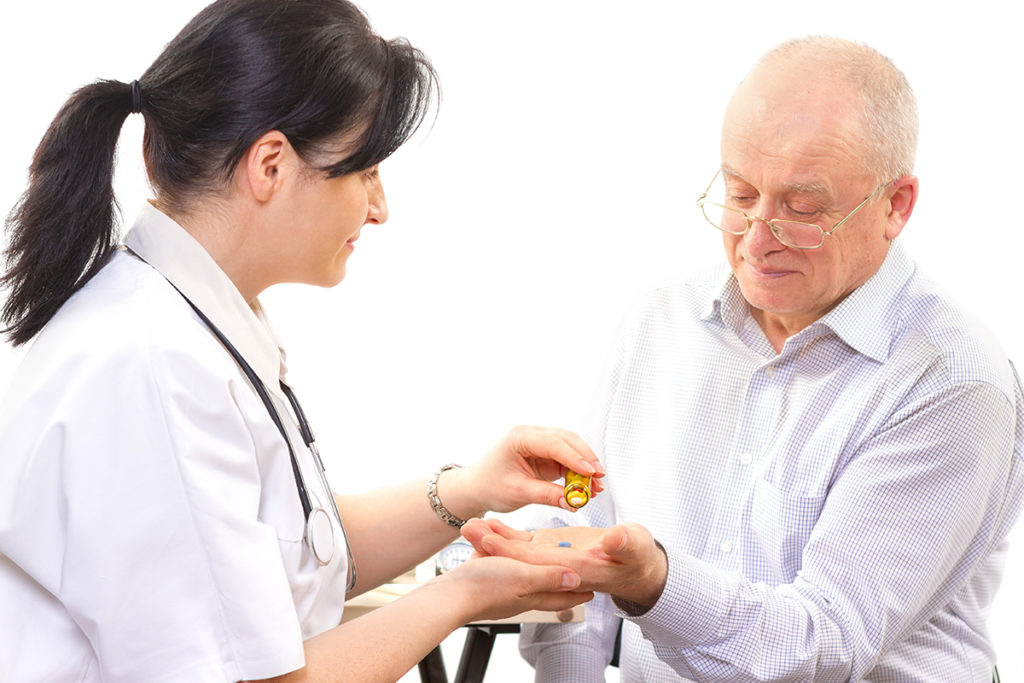Be Well!
Infection control and medication safety are important for your good health so you can enjoy the holiday season.
Germs Are Everywhere! Wash Your Hands!
Did you know that 80% of communicable diseases are transferred by touch? By touch, we mean touching food or touching one’s own mouth, eyes and nose. Dirty hands spread foodborne illnesses like Salmonella, E. Coli, Staph and diarrheal infection. Touching the face with dirty hands spreads illnesses like pneumonia, the cold and the flu.
It’s most important to wash hands before preparing food and after using the bathroom. Only 20% of people wash their hands before preparing food. Just under 75% of women and 50% of men wash hands after using the bathroom. Every time a toilet is flushed with the lid up, a fine mist of bacteria such as E. Coli and Staph is spread over an area of 6 square meters. Ugh!
Most bacteria is on the fingertips and under the nails so be sure to wash well, at least 15 to 20 seconds with clean water and soap for infection control! Then dry hands and use the towel to turn off the faucet.
Waterless Hand Sanitizer Helps with Infection Control Too!
If hands are not visibly dirty, you can use hand sanitizer. Using hand sanitizer for 30 seconds kills as much bacteria as two minutes of hand washing and keeps infection under control .
Medication Safety
Well, you’re getting older and probably taking more medicines. This means there is a greater risk of drug interactions and other complications. Keep these important tips in mind.
- Take medicine as prescribed. Do not skip a dose or stop a medication without checking with the doctor.
- Keep an up-to-date list of medications, dosage and reason for taking.
- Be aware of potential drug interactions and side effects by reading labels. If you see more than one healthcare provider, be sure to tell them about all the drugs you take.
- Review your medications at least once a year with your healthcare provider including vitamins and supplements.
Proper Disposal of Unused Medications
Flushing medicine is dangerous because drugs can get into water systems and affect people and wildlife. Many communities have started “take-back” medication disposal programs sponsored by local law enforcement. You can contact your city or county for more information on these programs.
If a “take back” program is not available, most expired medicines can be mixed with an unpalatable substance like dirt, kitty litter or used coffee grounds, and then placed in a sealed plastic bag and put in the household trash.








Comments are closed.